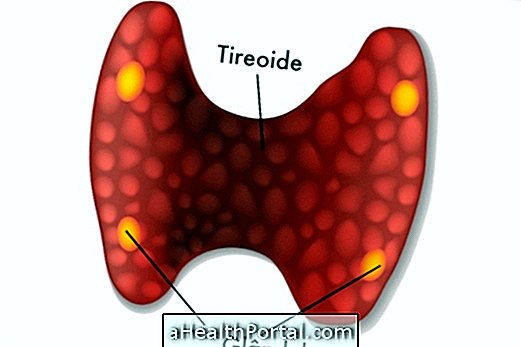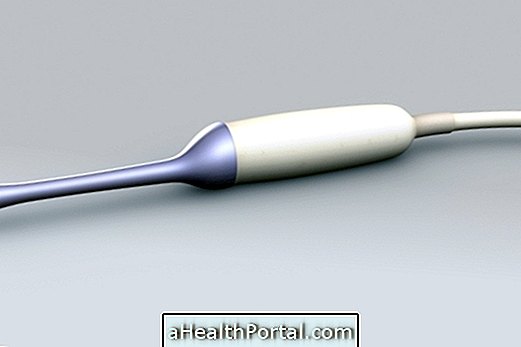Vestibular neuritis is inflammation of the vestibular nerve, a nerve that conveys information about the movement and balance of the body from the ear to the brain. Generally, this type of neuritis is caused by a virus, decreased blood flow to the inner ear, exposure to toxic agents, or allergic substances that damage the vestibular nerve.
Symptoms of vestibular neuritis
Some symptoms of vestibular neuritis are:
- vertigo,
- dizziness,
- nausea,
- vomiting,
- imbalance and
- difficulty walking.
To diagnose the disease it is important to perform an audiometry examination to distinguish neuritis from other diseases such as Meniere's Syndrome or labyrinthitis. Know what this exam consists of.
Treatment of vestibular neuritis
The treatment of vestibular neuritis aims to reduce the symptoms of the disease, and antiemetic medicines for vomiting and medications such as Vertix may be used to treat dizziness and imbalances. Physical therapy is very important in curing the disease because it helps the individual to regain balance and reduce vertigo.
Other types of neuritis are: interdigital neuritis, in which there is inflammation of the interdigital nerves of the feet and causing pain when walking, and surgery is often necessary; or post-herpetic neuritis, as a result of herpes virus inflammation, which causes muscle pain and often temporary paralysis, requiring the use of anti-inflammatory, analgesic and antiviral medicines.
Useful links:
- Citoneurin
- Optic neuritis





















